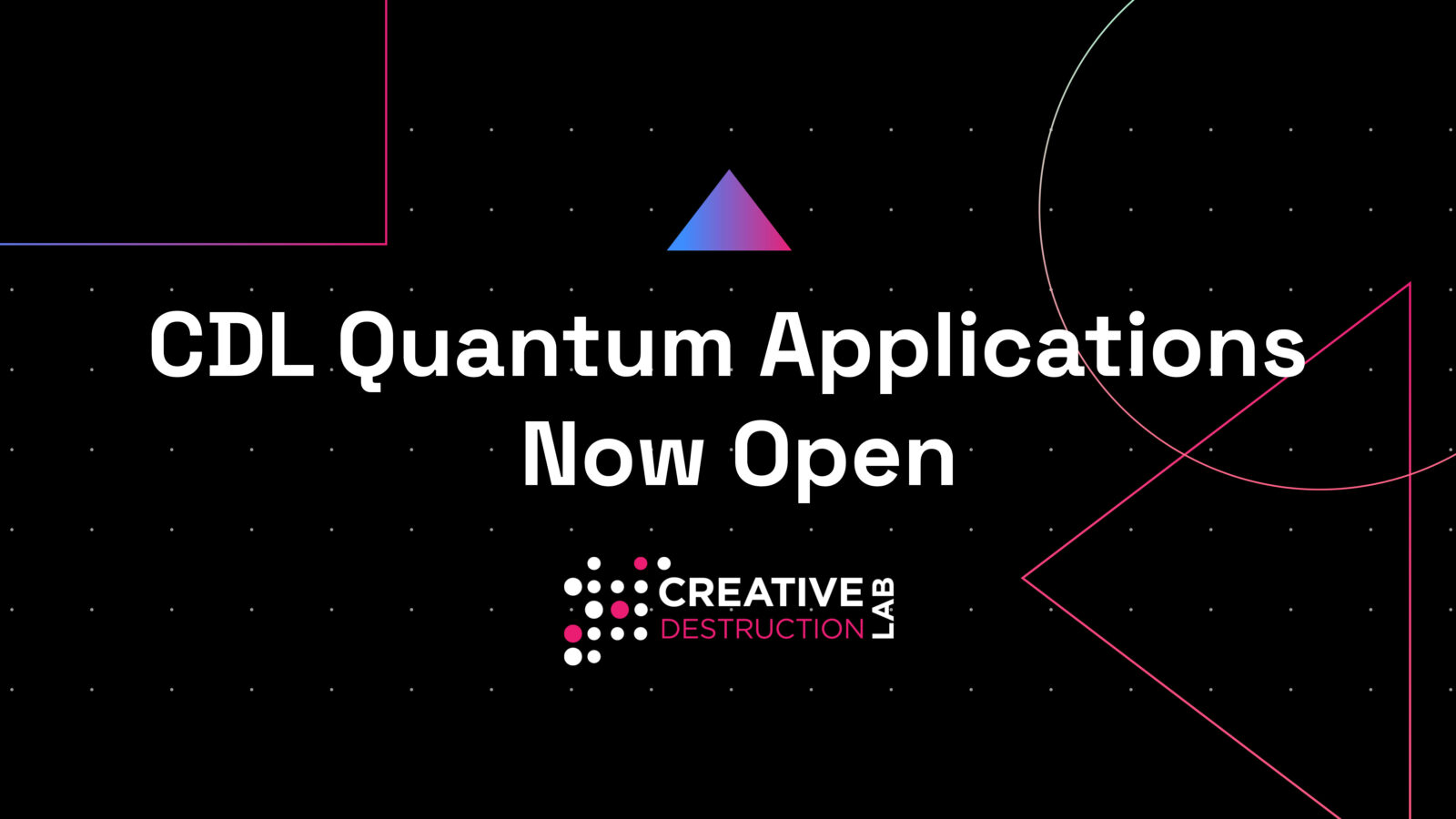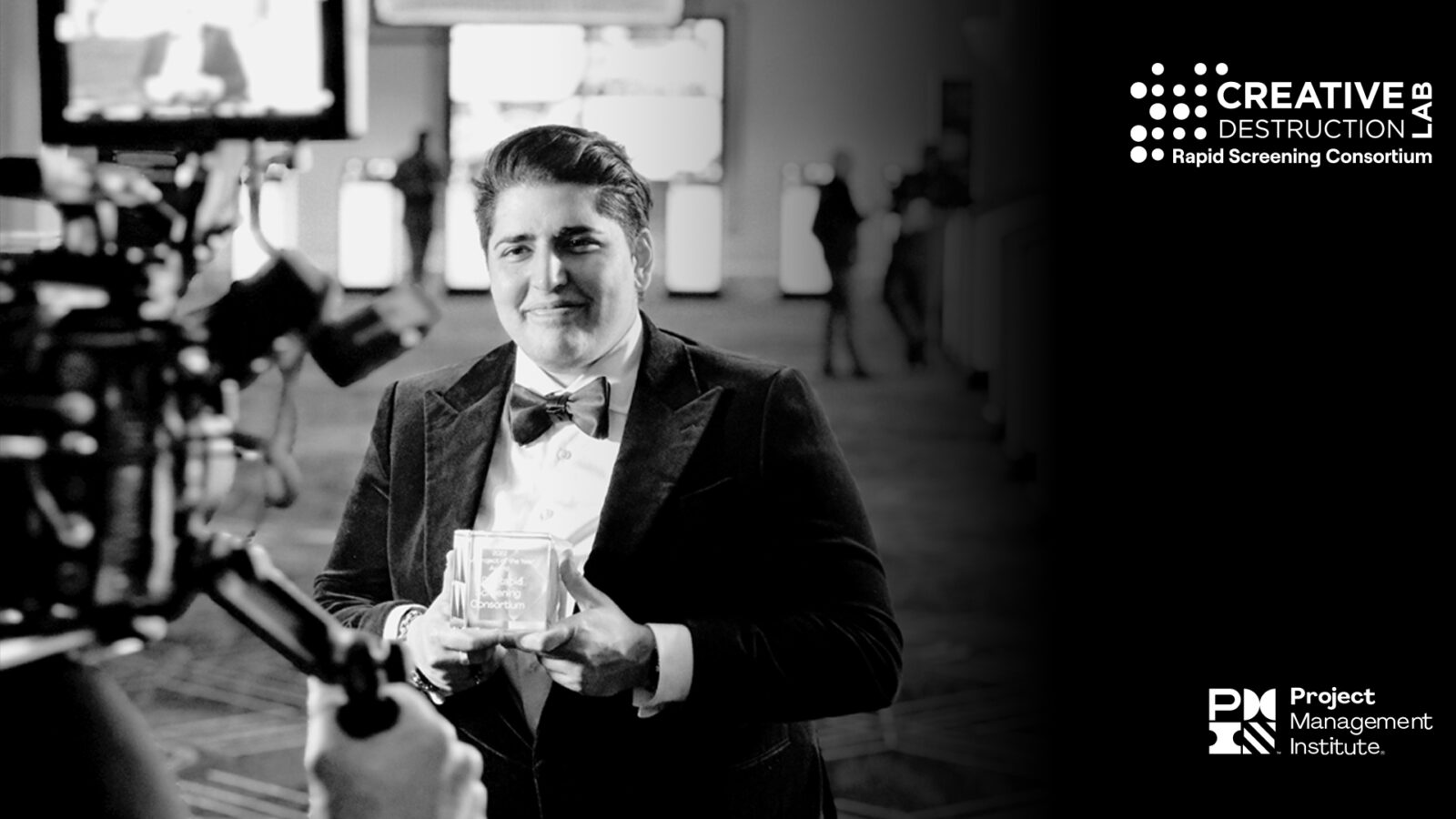TORONTO, VANCOUVER — Based on the proven success of its Health stream, Creative Destruction Lab (CDL) has identified a new subarea of focus within health: Biomedical Engineering (BME). CDL BME is a commitment to the belief that biomedical hardware and software innovations can improve health outcomes on a massive scale. This stream, hosted at CDL-Vancouver and CDL-Toronto sites, is a response to the accelerating trend that new medical technologies are deriving their value from the health data they generate or interpret.
This new stream will bring together medical technology and digital health entrepreneurs, hardware experts, clinicians and scientists to mentor the founders and engineers driving this next wave of innovation. CDL BME will enroll pre-seed and seed-stage startups applying the principles of mechanical, electrical, computer or material engineering to hardware and software that capture, translate and interpret biological information. Applicants should have a focus on technologies in the following areas: wearables, implantables, sensors, biocompatible materials, medical imaging, Internet of Things interconnected devices, surgical equipment, digital infrastructure and diagnostics or general AI for healthcare.
Participating ventures will benefit from funding and networking opportunities as well as the guidance of scientists and academics who have experience building and supporting ventures commercializing medical devices, diagnostic tools and digital solutions in healthcare settings. Chosen for their world-class medical departments and biomedical engineering programs, as well as the strength of hospital and health networks across each province, The University of Toronto and University of British Columbia sites will leverage communities of researchers and engineers already innovating from inside the system to support mentees.
CDL Health streams in Vancouver and Toronto have a history of supporting innovations in biomedical engineering. Waterloo-based NERv Technology entered the CDL-Toronto Health stream as a pre-seed startup. Youssef Helwa, co-founder and CEO of the data-driven medical insights venture, says it was the level of access to experts and advisor-level individuals that made the largest impact—though he argues specialized domain experience will always enrich such advice.
“Investors also get exposure into the companies themselves, their work ethics, their achievements, how they function. That’s the essence of the CDL program for us,” he explains. Helwa pioneered a smart monitoring system that makes early anastomotic leak detection in postoperative patients possible, resulting in better outcomes. When NERv entered the generalized Health stream, it had just completed the animal studies or animal validation phase and was beginning clinical trials. Today NERv is a commercial-ready, clinical-stage series A company. “We have investors that are still with us today,” says Helwa.
CDL Health in Vancouver was transformative for Nicholas Reder, co-founder and CEO of Alpenglow Biosciences (formerly Lightspeed Microscopy). He was a medical resident in the pathology department at the University of Washington looking to streamline the process of preparing tissue samples for analysis. Partnering with Dr. Jonathan Liu of UW’s mechanical engineering department, and alongside Dr. Adam Glaser and Dr. Larry True, Reder had worked to develop patented open-top light-sheet microscope technology. CDL-Vancouver recruited the resulting company.
“We had three people. We had raised less than a million dollars,” recalls Reder. Though it was occasionally challenging to find mentors with the background to really understand their business prior to CDL, Reder credits CDL-Vancouver’s Health stream with improving his fundraising pitch. “We closed a $4 million financing round right around the time the program completed.”
CDL’s Health mentors also helped shape Alpenglow’s business model, which Reder says has led to significant revenue growth. He says it’s been one of the enduring advantages, along with the continued guidance of mentors. For Reder, CDL stands apart from accelerators because it does not take equity and instead focuses on sustained mentorship and learning. “It’s one of the few chances you get to hear behind closed doors. So you get really honest feedback,” says Reder. With the launch of BME, CDL will further concentrate mentor pools within Health to provide specialized support to startups commercializing technologies that generate, translate or interpret biological data to improve healthcare such as Alpenglow Biosciences and NERv Technology.
Join a CDL Health webinar to learn more. Companies and founders interested in applying to the BME stream can contact health@creativedestructionlab.com for more information. Applications will be accepted online until July 31, 2022.
About Creative Destruction Lab
Creative Destruction Lab (CDL) is a nonprofit organization that delivers an objectives-based program for massively scalable, seed-stage, science- and technology-based companies. Its nine-month program allows founders to learn from experienced entrepreneurs, increasing their likelihood of success. Founded in 2012 by Professor Ajay Agrawal at the University of Toronto’s Rotman School of Management, the program has expanded to 12 sites across six countries. Participating ventures have created $20 billion (CAD) in equity value.
Media Contact
Amarpreet Kaur
Associate Director
Creative Destruction Lab
amarpreet.kaur@creativedestructionlab.com





